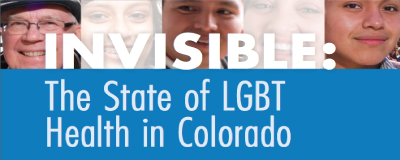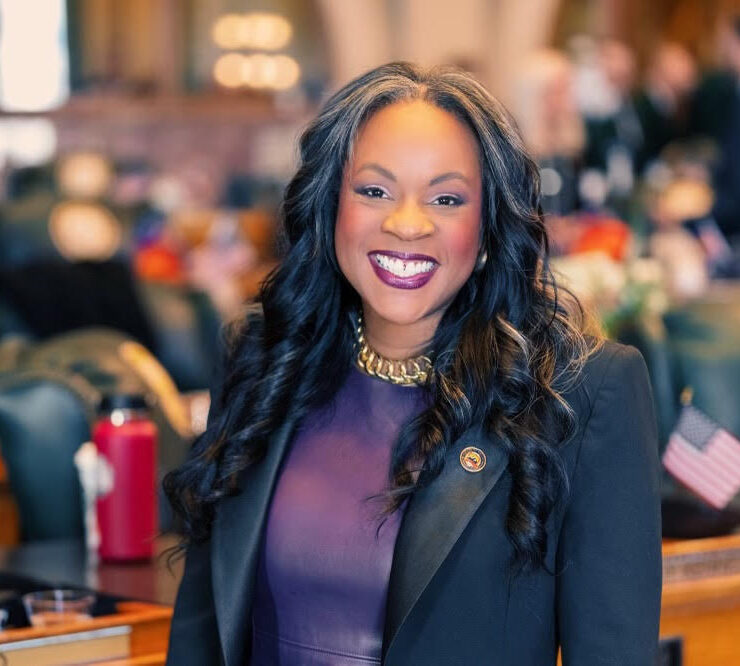One Colorado releases recommendations after 2011 LGBT Healthcare Survey

Matthew Pizzuti Out Front Colorado's former managing editor.
 A steering committee of community members and health care experts led by One Colorado, a statewide LGBT advocacy group, announced on Jan. 19 a list of recommendations to improve the health care system after a One Colorado survey last fall found a majority of LGBT respondents aren’t out to their doctors.
A steering committee of community members and health care experts led by One Colorado, a statewide LGBT advocacy group, announced on Jan. 19 a list of recommendations to improve the health care system after a One Colorado survey last fall found a majority of LGBT respondents aren’t out to their doctors.
Among the top recommendations is that the health care system be equipped to track LGBT health data, train providers about LGBT issues and demonstrate LGBT friendliness to patients.
The 2011 online survey gathered responses from over 1,100 LGBT Coloradans on their relationships with health care providers, and found the health care system to be a cause of anxiety and discouragement for some LGBT patients.
Responses released Sept. 26, 2011 indicated that difficulty finding LGBT “friendly” providers likely discourages some from seeking needed care, and that transgender Coloradoans face particular hardship finding doctors who are aware of transgender health issues.
On Jan. 19, One Colorado released expanded response data along with recommendations to address the concerns, at an event at Denver Health that included Regional Director of the U.S. Department of Health and Human Services Marguerite Salazar. Denver physician Mark Thrun moderated a panel discussion led by community experts in front of an audience of nearly 150 community members, lawmakers and health care workers.
Panel Member Nita Henry said she has a dream that “culturally-responsive health care” that understands LGBT issues will be understood as a social justice issue. “These days we’re illuminating the social determinants of health,” Henry said, “all the elements in our universe that make us healthy or not.” Those elements can include things like gender, race, sexual orientation and gender identity, which can indicate what health conditions a patient may be at higher risk for and a doctor should be aware of.
Courtney Gray, who covered trans health issues on the panel, said that she got involved years ago when insurance company after insurance company refused to insure her in an individual plan. When she did get to see a doctor, she said, it likely the doctor would be unaware of transgender health issues.
“I realized I was going to have to know much more than my doctor did about my own healthcare,” Gray said.
Panel member Dr. Sarah Burgundy, a psychologist, brought up the concept of “minority stress” in light of a disturbing finding on One Colorado’s survey, that 40 percent of respondents reported experiencing a symptom of depression in the last two weeks.
“We need a systemic way to train providers and a way to connect patients with them,” Burgundy said.
Panel Member Dr. Rita Lee, a physician who works at the University of Colorado School of Medicine, said medical students need more education on LGBT issues. Lee said the average student gets five hours of training on LGBT issues and at some schools the number is zero.
Click here to see the full report from One Colorado.
What's Your Reaction?
Matthew Pizzuti Out Front Colorado's former managing editor.










